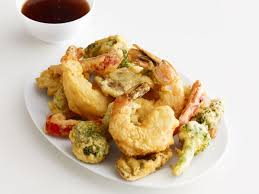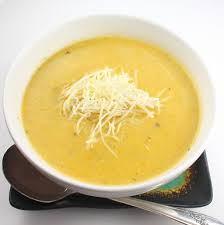A study recently published in Food Chemistry adds valuable information on understanding how phenols reduce inflammation and found that adding phenol-rich olive oil to breakfast successfully lowered the chronic low-grade inflammation associated with metabolic syndrome, and which is a precursor to obesity, diabetes, and high blood pressure. It is estimated that over 30 percent of all adults in the USA have metabolic syndrome.
The study gave 49 metabolic syndrome patients about 2 ½ tablespoons (40 ml) of high, medium, or low levels of phenol olive oil for breakfast. Only the high phenol olive oil (398 ppm) neutralized pro-inflammatory gene expression and reduced pro-inflammatory cytokines in the blood plasma. So phenol-rich olive oil has a beneficial effect on both our genes and blood profiles that other extra virgin olive oils may not have.
All our Apollo Olive Oils oils have well over 500 ppm of polyphenols, and some have nearly 1000 ppm. We recommend drizzling Mistral over toast, oatmeal, or eggs in the morning which, according to the study, will help to reduce inflammation. It also it makes breakfast taste better!


